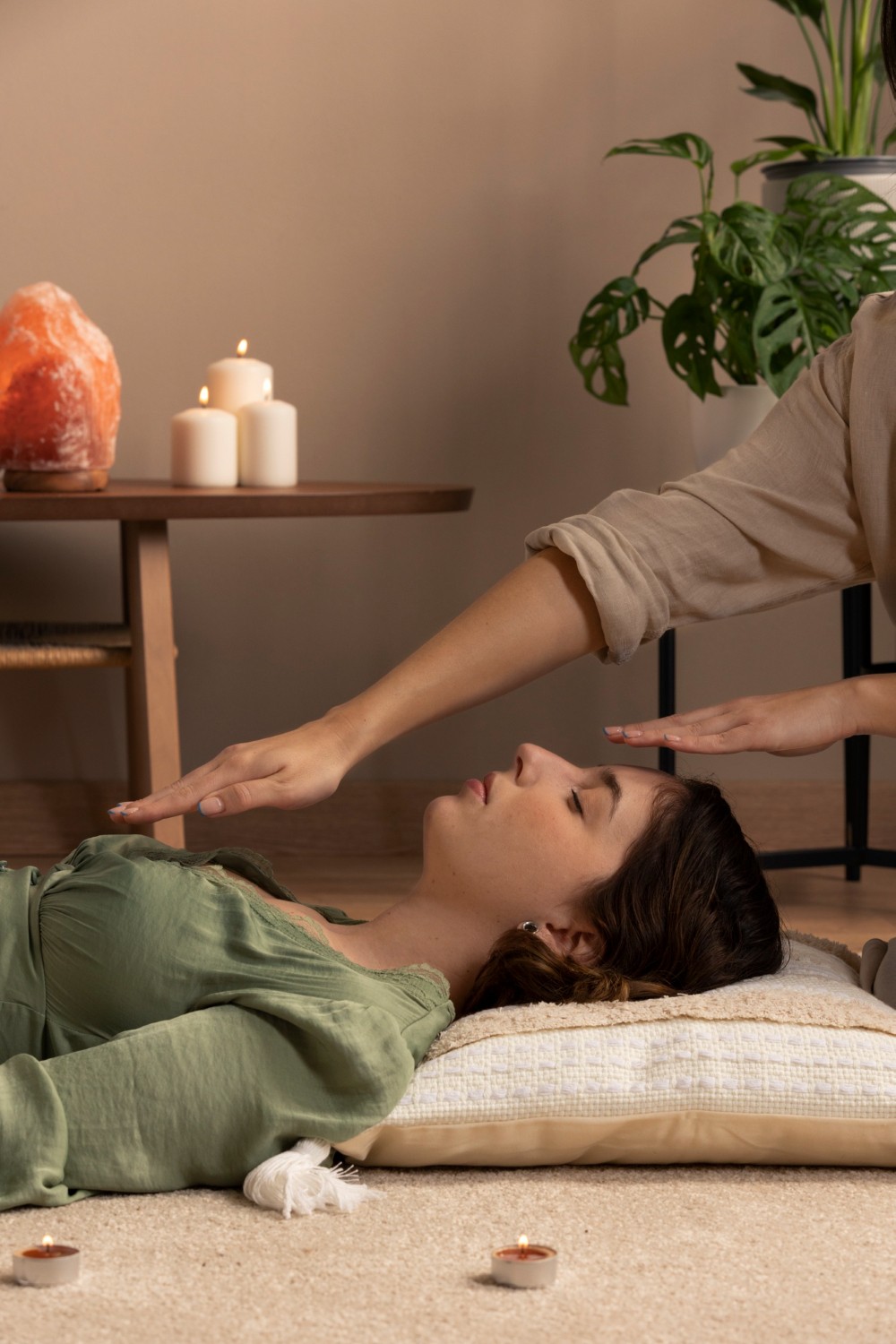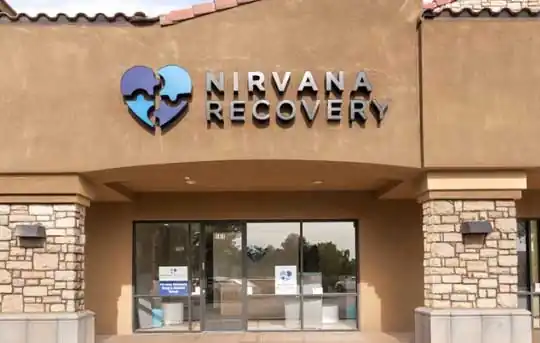Signs Someone May Be Struggling with These Patterns
Emotionally charged behaviors that feel hard to stop
Guilt, secrecy, or shame around certain habits
Avoidance of rest, stillness, or emotional vulnerability
Constant need to achieve, perform, or regulate appearance
Emotional highs followed by exhaustion, regret, or emptiness
Loss of interest in relationships or life outside the behavior
Denial or rationalizing of the behavior despite consequences
Preoccupation with the behavior even when it interferes with responsibilities or values
“They’re not doing it for fun. They’re doing it to feel okay, for just a little while.”
Why These Behaviors Deserve Compassion, Not Criticism
Many people struggling with self-soothing or control-based addictions are high-functioning. They may appear successful, responsible, or even “motivated.” But inside, they may feel exhausted, disconnected, or out of control.
Whether it’s binge-eating at night, gambling online in secret, or working themselves into burnout, these patterns often mask deeper emotional wounds, and healing begins with safety, not shame.










They can be both comforting and compulsive—offering temporary relief, but often followed by guilt, secrecy, or emotional crash.